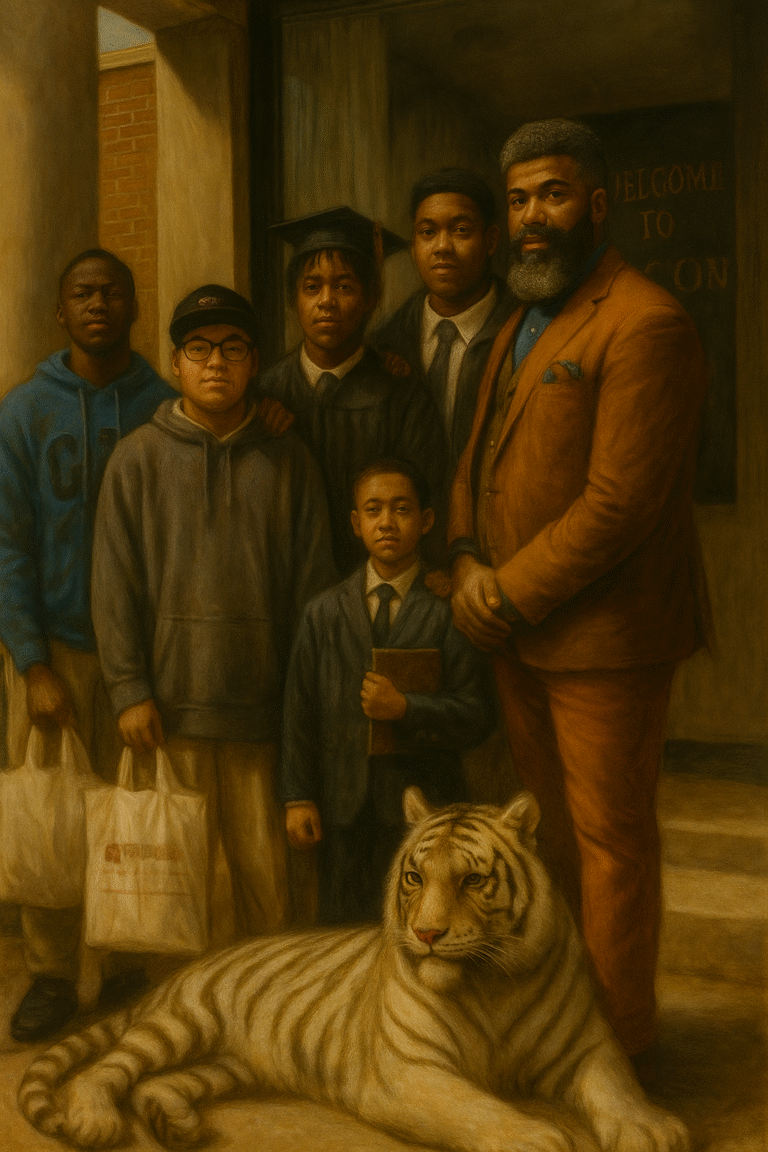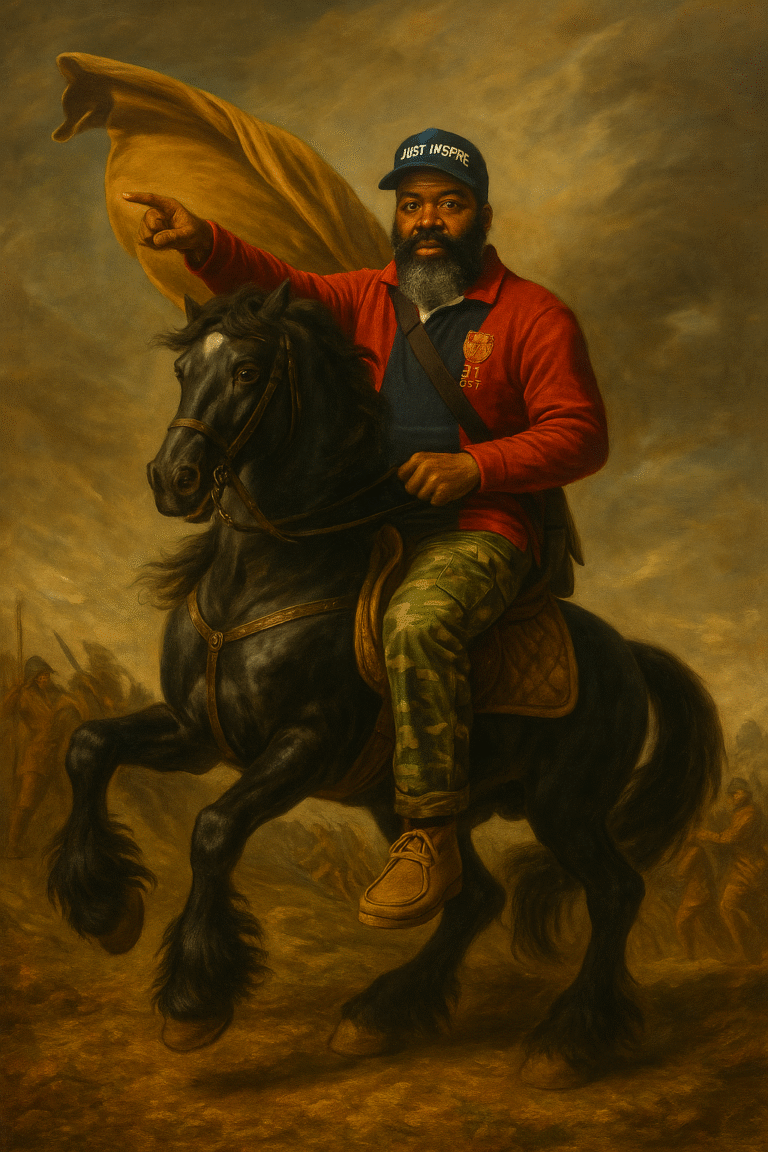The support, brotherhood I have experienced with young men I have met and worked with from Africa is what really has driven my interest. I tell them sometimes I feel like we see the more alike than I do with people I know here. Learning how people are raised and how that changes things.
A women told me in Africa we raise our boys to be confident, think alot of themselves we talked about some boys sitting in a award ceremony with shades on, I said we dont do a good job of that here in America, most of the most confident men especially Black Men are born out of spite and created as a means of safety a shield. Muhammad Ali was celebrated later but he was called out for changing his name, folks thought it was dumb to refuse the army he put himself in harms way. My own confidence is forged out of spite audacity and a supreme will to outcast my critics and deliever what is real.
Two Realities of Boyhood
The contrast between African boys and African American boys is striking. Many of the young men I’ve met from Africa move with a universal sense of who they are. Their identity feels anchored, giving them a stronger foundation for character and decision-making.
By contrast, African American boys are often burdened by history and environment before they even begin to discover themselves. Too many are stuck riding the “trauma bus,” weighed down by generational struggle, absent role models, and environments designed to stifle their growth. Without healthy male presence and mentorship, many grow up in cycles of dysfunction—cycles that have become so normalized they are mistaken for culture itself.
And for those boys fortunate enough to be raised by parents pushing for more, the burden shifts. They’re sometimes labeled as “not really Black,” shamed for reaching beyond the lowest common denominator that popular opinion often defines as Blackness in America. It’s a painful paradox: succeed and you’re accused of betraying your roots; fail and you’re proof of stereotypes.
Rethinking Confidence
What I’ve seen in African boys is a blueprint: raise young men with confidence, pride, and a clear sense of who they are. Not because the world forces them to be, but because they are born into it as a right.
What I see in African American boys is resilience: even in the most hostile conditions, some still rise, building their confidence out of fire and spite, creating greatness despite the odds.
The truth is, both paths produce strength. But one path is unnecessarily harder. If we want to see our young men thrive, we have to raise them with confidence from the start—before they need to shield themselves against a world that wants them broken.
Confidence shouldn’t be a rebellion. It should be an inheritance.





